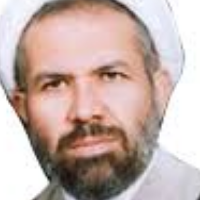Methodological Exploration of the Conceptual Analysis Process in the Islamic Philosophy of Education Based on the Theory of Conventional Perceptions of M.H. Tabatabaie
The purpose of this paper is to present a methodological exploration of the process of analyzing educational concepts in philosophy of education with an Islamic approach based on the theory of conventional perceptions of M.H. Tabatabaie. The findings show firstly that educational concepts have these characteristics: 1. Conventional and normative, and therefore the impossibility of connecting them to facts and the truth 2. Not having a productive relationship with the obvious and theoretical theorems. 3. The possibility of change. 4- The possibility of the psychological connection of these types of concepts with the set of facts and needs of human existence. Therefore, it is necessary for educators to integrate these realities and existential needs in the process of analyzing educational concepts. Secondly, the most important criteria for accreditation of such concepts are: 1- Validity of values and supporting propositions, 2- Efficiency (in meeting the needs of human beings), and 3- Compatibility with other social values
- حق عضویت دریافتی صرف حمایت از نشریات عضو و نگهداری، تکمیل و توسعه مگیران میشود.
- پرداخت حق اشتراک و دانلود مقالات اجازه بازنشر آن در سایر رسانههای چاپی و دیجیتال را به کاربر نمیدهد.


